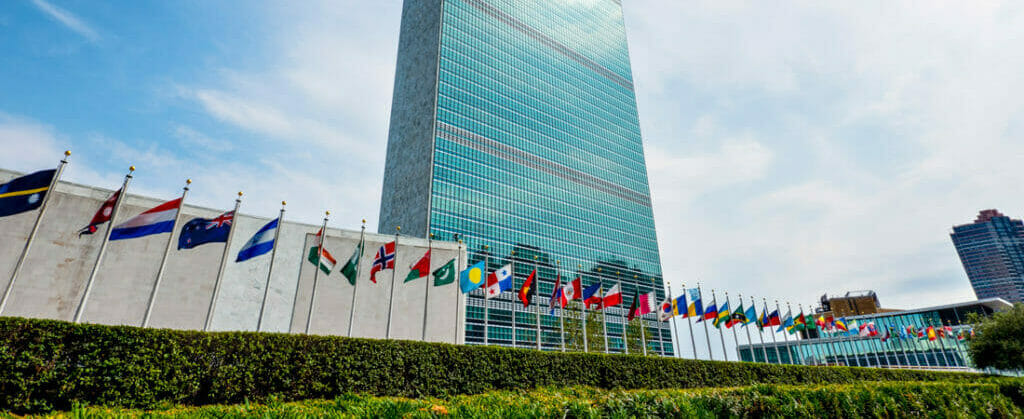Energy powers everything in our lives—from lighting homes and running schools to fueling hospitals and driving economies. Yet today more than 2 billion people still rely on harmful fuels like wood or charcoal for cooking, and over 600 million people—mostly in sub-Saharan Africa—have no access to electricity. The use of these fuels creates dangerous indoor air pollution that causes an estimated 3.2 million premature deaths each year, especially among women and children, according to the World Health Organization. At the same time, widespread reliance on wood and charcoal accelerates deforestation and biodiversity loss, putting further strain on ecosystems.
To address this, the UN created Sustainable Development Goal (SDG) 7: Affordable and Clean Energy, which calls for universal access to modern energy by 2030 and also declared the Decade of Sustainable Energy for All (2014–2030) to speed up action. Achieving SDG 7 supports SDG 13's objective of taking urgent action to combat climate change. Reaching these goals will require investing more in renewable energy and spurring economic growth in ways that are consistent with protecting the global climate.
Still, the world is off track to meet this goal, especially as global population growth is outpacing new electricity access.
Different regions face distinct challenges. In sub-Saharan Africa, three out of four households still rely on charcoal or wood for cooking, making clean cooking access the most urgent priority. Kenya has emerged as a leader in off-grid solar solutions, expanding access to electricity in rural areas. In the Arab region, conflicts in countries like Yemen and Syria have devastated electricity grids, while dependence on oil and gas slows investment in renewable alternatives. In South and Southeast Asia, rapid urbanization and rising energy demand are straining outdated infrastructure. In Latin America and the Caribbean, hydropower provides much of the electricity, but droughts linked to climate change have exposed the vulnerability of water-dependent systems, as seen in Brazil’s power shortages during severe dry seasons. In Europe and North America, significant investment is needed to upgrade and expand existing power grids to handle the integration of variable renewable energy sources and to modernize infrastructure with advanced technology to decrease the amount of electricity and other power that is lost between its production and its delivery to consumers.
The General Assembly’s Resolution 78/157 sets out priorities to tackle these problems: closing the energy gap so everyone has access to electricity and clean cooking solutions; transitioning to renewable energy systems and working toward net-zero emissions by 2050; strengthening partnerships between governments, industries, and private investors to support developing countries; and ensuring that the transition to clean energy is fair and inclusive, in line with the UN’s promise to “leave no one behind.”
Ensuring access to affordable, reliable, and sustainable energy is about much more than electricity—it’s about health, equality, development, and climate security. The international community faces a key challenge: how to speed up the global energy transition while making sure it is fair, effective, and accessible to all.


